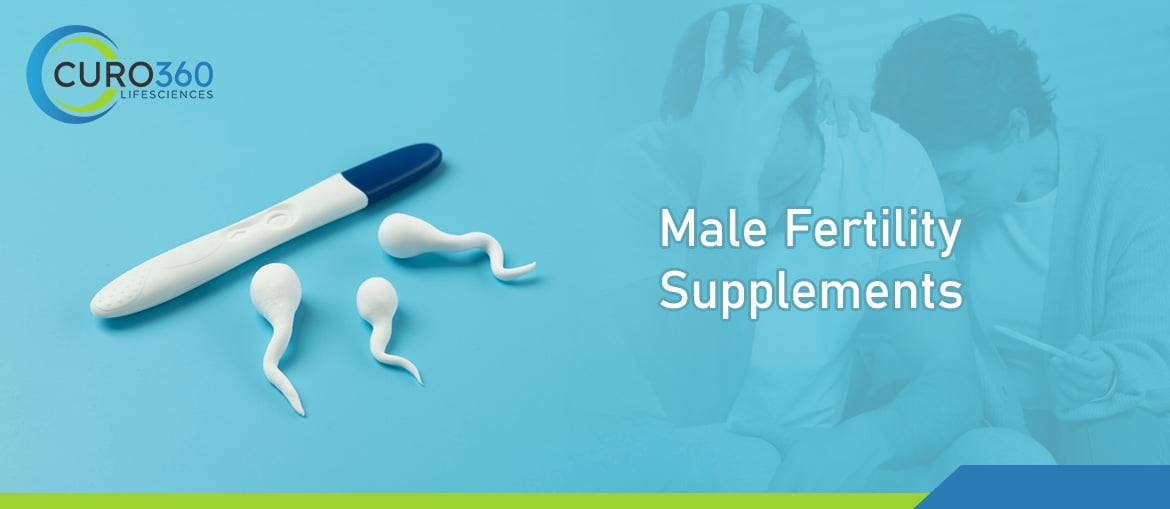
When it comes to the dream of starting a family, male fertility is a significant factor, and many couples wonder if male fertility supplements can make a difference. In simple terms, male fertility depends on the quality and quantity of sperm. These supplements, available over-the-counter, contain ingredients like folic acid, zinc, vitamin C, and others, all believed to support sperm health. However, the effectiveness of these supplements isn’t a straightforward yes or no. Some studies suggest they may benefit men with specific nutrient deficiencies, but they are not a magic solution. Remember, lifestyle factors, such as maintaining a healthy weight and avoiding excessive alcohol and tobacco use, also play a significant role in supporting male fertility.
Male Fertility
A man’s fertility depends on the quality and quantity of his sperm. Healthy sperm are essential for fertilizing an egg and achieving pregnancy. Factors like sperm count, motility (how well sperm move), and morphology (sperm shape) all matter.
What Are Male Fertility Supplements?
Male fertility supplements are dietary supplements designed to support and improve aspects of sperm health. They often contain vitamins, minerals, antioxidants, and herbs that are believed to benefit male fertility. These supplements are not medications but are available over-the-counter.
Common Ingredients
Here are some common ingredients found in male fertility supplements and their potential benefits:
- Folic Acid: Folic acid is known to support sperm production and improve sperm quality.
- Zinc: Zinc is essential for sperm production, and a deficiency can lead to low sperm count.
- Vitamin C: This antioxidant can help protect sperm from damage.
- L-Carnitine: It may enhance sperm motility.
- Coenzyme Q10 (CoQ10): CoQ10 may improve sperm count and motility.
- Selenium: Selenium is an antioxidant that may enhance sperm function.
Now, the Big Question: Do These Supplements Really Work?
The answer is not a straightforward yes or no. Some studies suggest that certain supplements may help improve sperm parameters in men with specific deficiencies. For instance, if a man has a deficiency in zinc or folic acid, correcting it with supplements could potentially boost his sperm health. However, it’s vital to understand that these supplements are not magical solutions. They are most likely to be effective for men with specific nutrient deficiencies. If a man’s sperm health is already within the normal range, taking these supplements may not provide significant benefits.
Lifestyle Matters:
Supplements aside, lifestyle factors have a significant impact on male fertility. Maintaining a healthy weight, avoiding excessive alcohol and tobacco use, managing stress, and having a balanced diet are all necessary for sperm health.
In summary, male fertility supplements may offer benefits to men with specific nutrient deficiencies. However, they are not a guarantee of improved fertility for everyone. Consulting a healthcare provider and addressing lifestyle factors are equally, if not more, important in supporting male fertility. Remember, building a family is a journey that involves both partners, and looking for professional guidance is a wise step toward achieving your goals.
